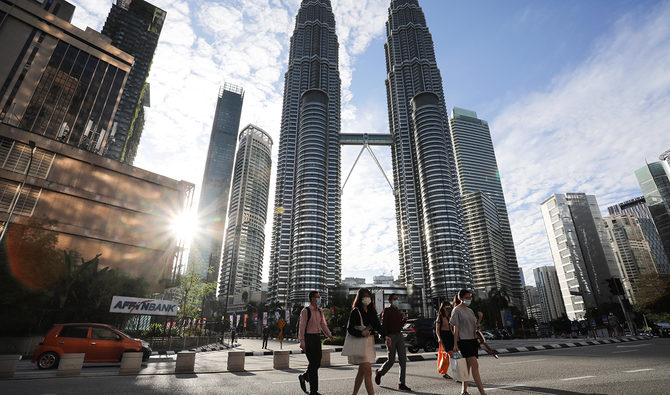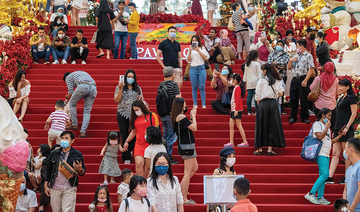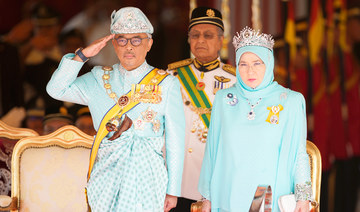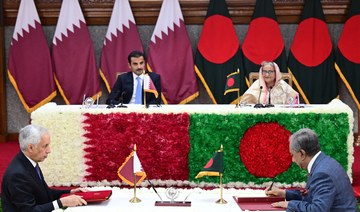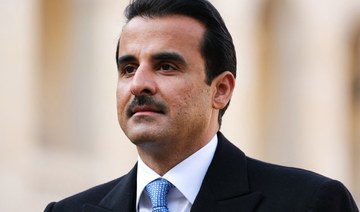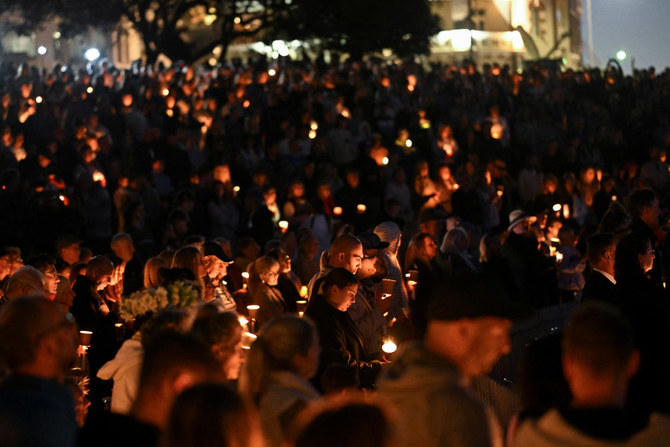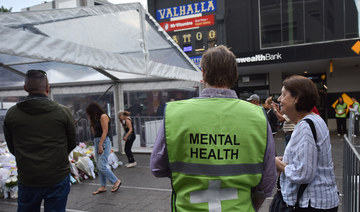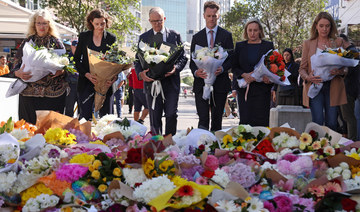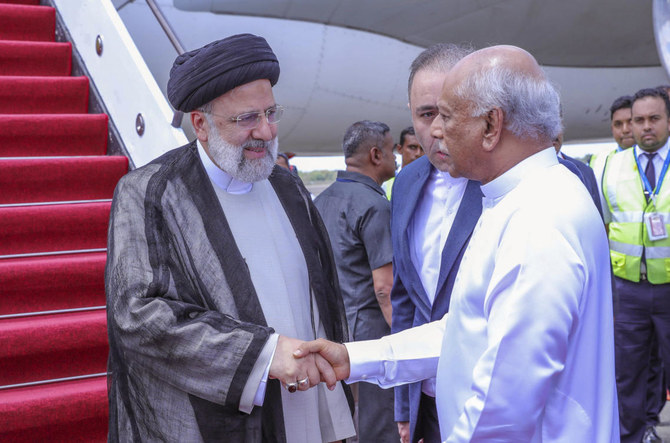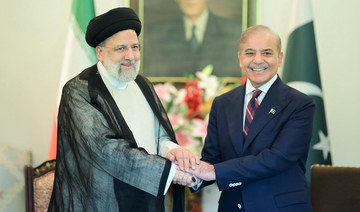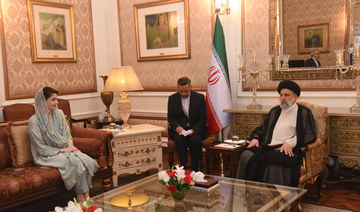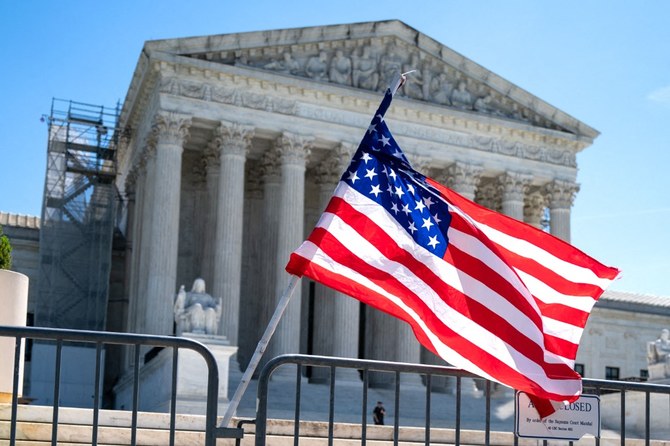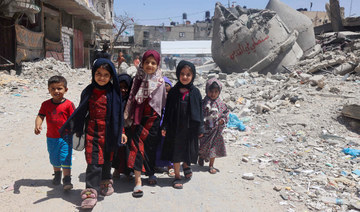KUALA LUMPUR: The Malaysian King Sultan Abdullah on Tuesday declared a state of emergency in the country until August, just hours after Prime Minister Muhyiddin Yassin announced reinstated nationwide lockdowns.
In a statement, the Malaysian Royal Household Comptroller Ahmad Fadil Shamsuddin said the monarch decreed for the emergency as a proactive measure to contain the spread of the coronavirus disease (COVID-19).
“According to statistics, 15 COVID-19 specialty hospitals have recorded up to 70 percent occupancy rate,” Shamsuddin added.
Malaysia’s PM, in a televised speech, outlined the specifics of the state of emergency and assured the public that the civilian government would continue to function.
Parliament and state assemblies will be suspended for the duration of the emergency.
“This is not a military coup and a curfew will not be enforced. I guarantee that the administration will not be affected, and the king can declare any ordinance as he sees fit,” Muhyiddin said.
The declaration of emergency will allow government assets, including the armed forces, to assist with public health management and takeovers of private hospitals.
Malaysia will see tighter borders and to protect the wellbeing of Malaysians, price control rules will be introduced.
This is the second time a national state of emergency has been declared in Malaysia with the first being in 1969 after an insurgence of racial riots wreaked havoc in the capital. Almost 200 people were killed in the rioting dubbed the “13 May incident.”
In-fighting between politicians in the National Alliance Party has been further threatening Muhyiddin’s position in parliament as support for his government weans away.
Prof. James Chin, Tasmania University’s Asia Institute director, told Arab News that he believed there was no hidden agenda behind Muhyiddin’s call for a declaration of emergency but politically he would benefit from it.
“He doesn’t want an election and with a state of emergency, he can halt that process,” Chin said.
He added that he was not surprised by the premier’s decision to meet the king to ask for an emergency as he had done it before.
“We should not be too surprised by the emergency as he did try a few months ago so this is very much related to COVID-19 management. But he does benefit from it politically,” he said.
In his speech, Muhyiddin said: “Lately there are parties that have been pushing for elections and it is not my intention to hold any election as my concern against the election is the COVID-19 virus.”
On Monday, Muhyiddin announced some form of lockdowns for 13 states and three federal territories in Malaysia after a sharp rise in COVID-19 cases throughout Malaysia.
Since September, Malaysia’s third wave of infections with thousands of new cases reported daily has caused strains on the Malaysian healthcare system.
Cases have risen to nearly 136,000 infections since Sunday, as compared to nearly 10,000 cases since mid-September, with 551 deaths as of Monday.
Six states including Johor, Selangor, Penang, and federal territories including Putrajaya, Labuan and Kuala Lumpur will undergo a strict 14-day lockdown or a movement control order starting midnight on Wednesday.
Other states with lower infections are placed under recovery and conditional movement orders.
Residents are required to stay indoors, and employers have been given directives to allow staff to work from home.
Only two individuals from each household may leave the premises to purchase food, necessities, or medical emergencies while interstate travel has been banned indefinitely.



